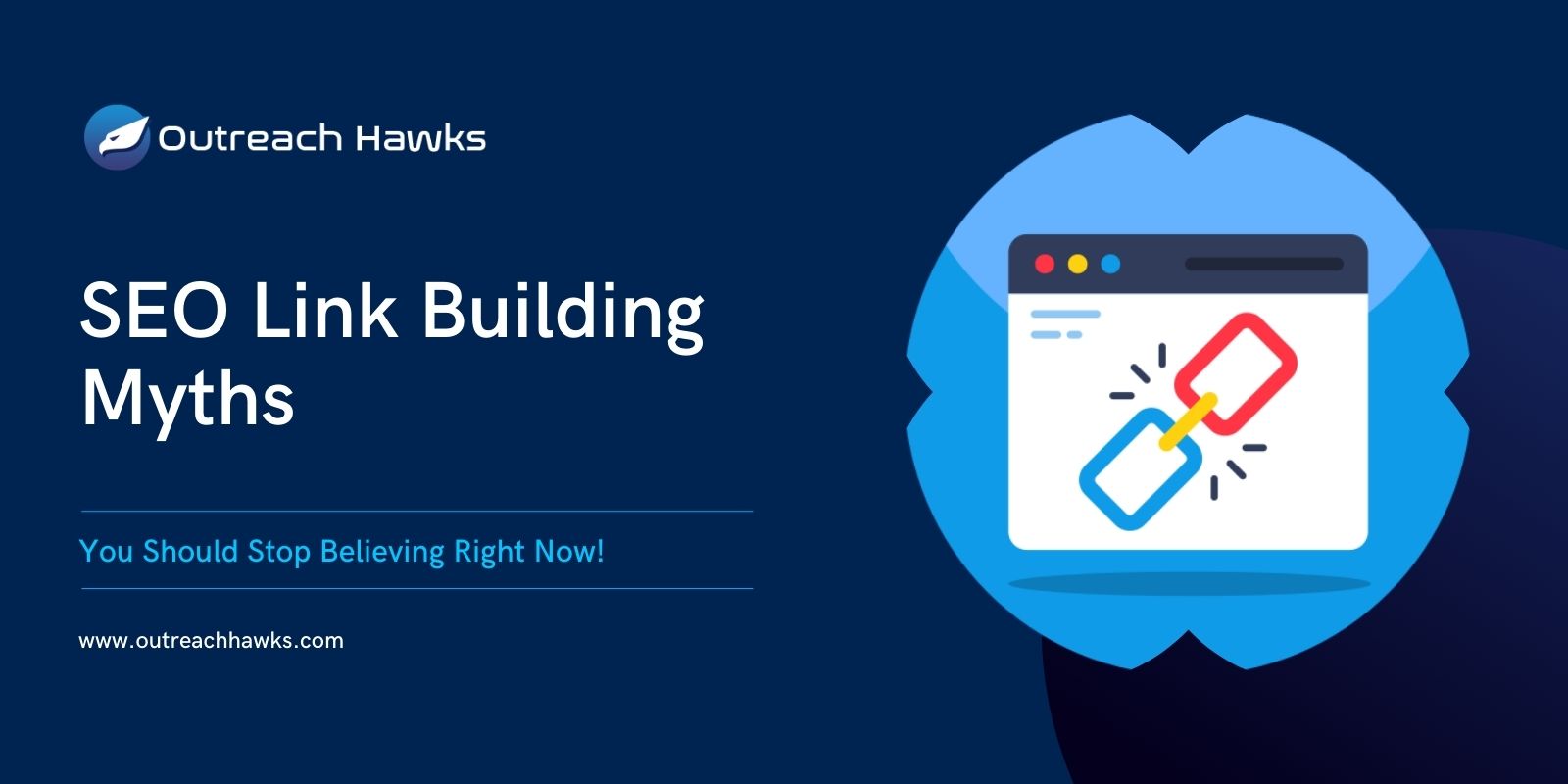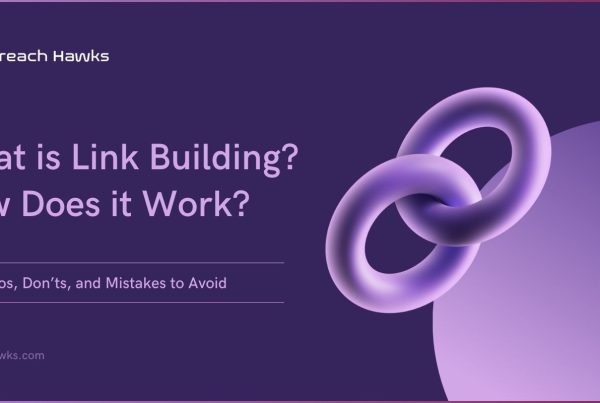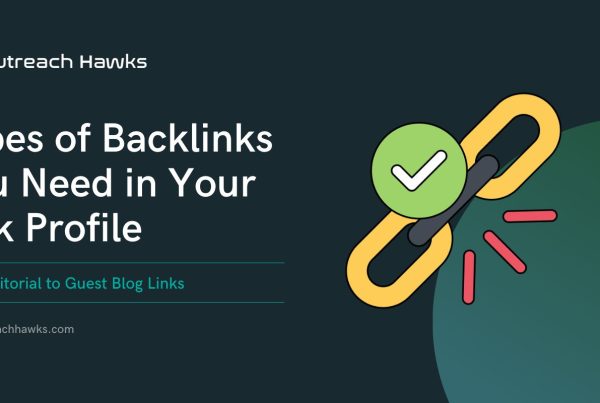Link building is a crucial component of SEO that can help improve your website’s search engine rankings and drive traffic. However, there are several myths surrounding link building that can hinder your efforts and even harm your website’s rankings. In this article, we’ll debunk 10 common link building myths and provide you with tips for effective link building.
Myth #1: Quantity Over Quality
One of the most common link building myths is that quantity is more important than quality. This couldn’t be further from the truth. While having a large number of links may seem impressive, it’s the quality of those links that matters most. Search engines place more value on links from high-quality, authoritative websites than on links from low-quality, spammy websites. Therefore, focus on building links from reputable websites that are relevant to your niche.
Myth #2: Guest Blogging is Dead
Another popular link building myth is that guest blogging is dead. However, this couldn’t be further from the truth. Guest blogging can still be an effective link building strategy when done correctly. The key is to focus on providing high-quality, valuable content that is relevant to the website you’re guest blogging for. This will not only help you build links but also establish your authority in your niche.
Myth #3: Links From Any Website are Good
Some people believe that any link is a good link. However, this is not the case. Links from low-quality, spammy websites can actually harm your website’s rankings. Search engines are looking for links from high-quality, authoritative websites that are relevant to your niche. Therefore, focus on building links from reputable websites that are relevant to your niche.
Myth #4: Anchor Text Must Match Target Keyword
Anchor text is the text that appears as the clickable link in a hyperlink. Some people believe that anchor text must match the target keyword to be effective. However, this is not necessarily true. In fact, search engines prefer anchor text diversity. Therefore, it’s important to use a variety of anchor text that includes both target keywords and variations of those keywords.
Myth #5: Link Building is All About the Homepage
Another common link building myth is that link building is all about the homepage. However, this is not the case. While building links to your homepage is important, it’s also essential to build links to internal pages of your website. This can help increase the authority of your entire website, not just your homepage.
Myth #6: Reciprocal Linking is Bad
Reciprocal linking is the practice of exchanging links with other websites. Some people believe that reciprocal linking is bad and can harm your website’s rankings. However, reciprocal linking can be an effective link building strategy when done correctly. The key is to exchange links with websites that are relevant to your niche and have high-quality, authoritative content.
Myth #7: Link Building is Dead
Some people even believe that link building is dead and no longer effective. However, this couldn’t be further from the truth. While the way we approach link building has changed, link building is still an important part of SEO. The key is to focus on building high-quality, relevant links that provide value to your audience.
Myth #8: Social Media Links Don’t Count
Some people believe that social media links don’t count towards your website’s search engine rankings. However, this is not the case. Social media links can be valuable for building brand awareness and driving traffic to your website. While social media links may not have the same impact as links from high-quality, authoritative websites, they are still important for building a strong online presence.
Myth #9: Link Building is a One-Time Effort
Some people believe that link building is a one-time effort that only needs to be done once. However, this is not true. Link building is an ongoing process that requires consistent effort and attention. You should always be looking for new opportunities to build links and improve your website’s search engine rankings.
Myth #10: Paid Links are Okay
Finally, some people believe that it’s okay to buy links. However, this is a violation of Google’s Webmaster Guidelines and can result in severe penalties, including a loss of search engine rankings or even a complete ban from search results. It’s important to focus on building high-quality, natural links that are earned through great content and outreach efforts.
In conclusion, link building is a crucial component of SEO that can help improve your website’s search engine rankings and drive traffic. However, it’s important to be aware of these common link building myths and avoid falling into their traps. By focusing on building high-quality, relevant links that provide value to your audience, you can improve your website’s online presence and achieve long-term success in search engine rankings.





![Best Free Link Building Tools in [year] 3 Best free link building tools](https://outreachhawks.com/wp-content/uploads/2022/08/best-free-link-building-tools-600x403.jpg)
